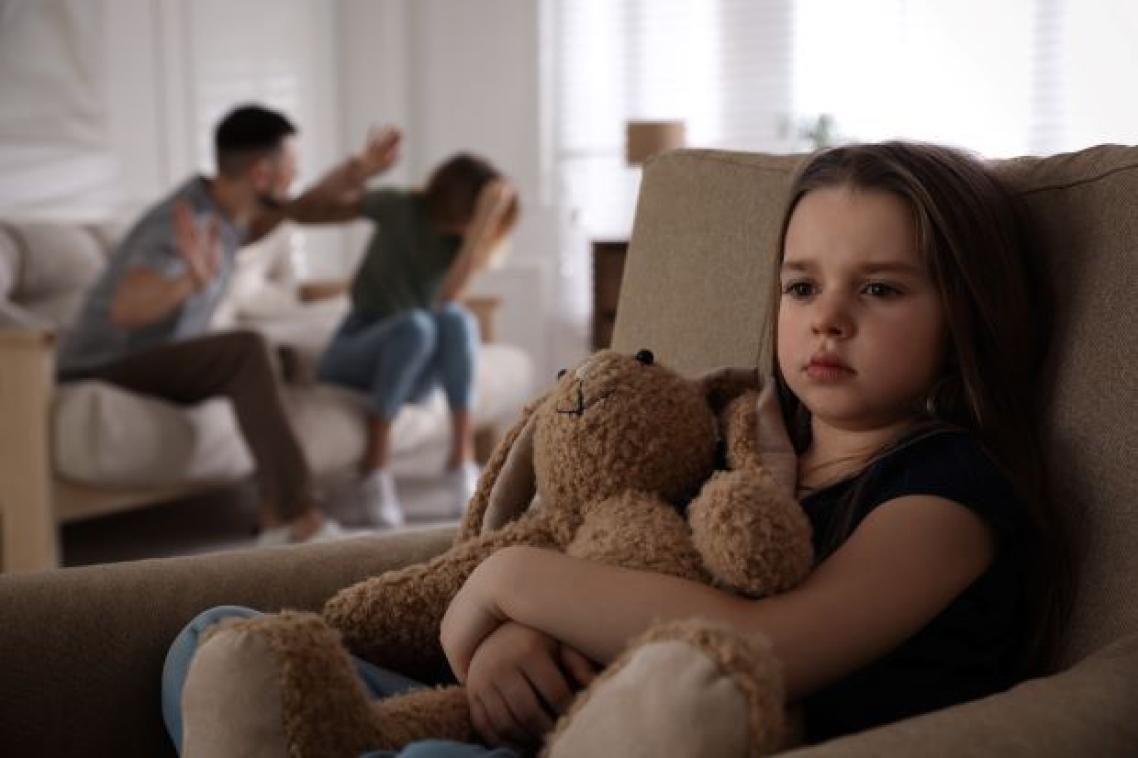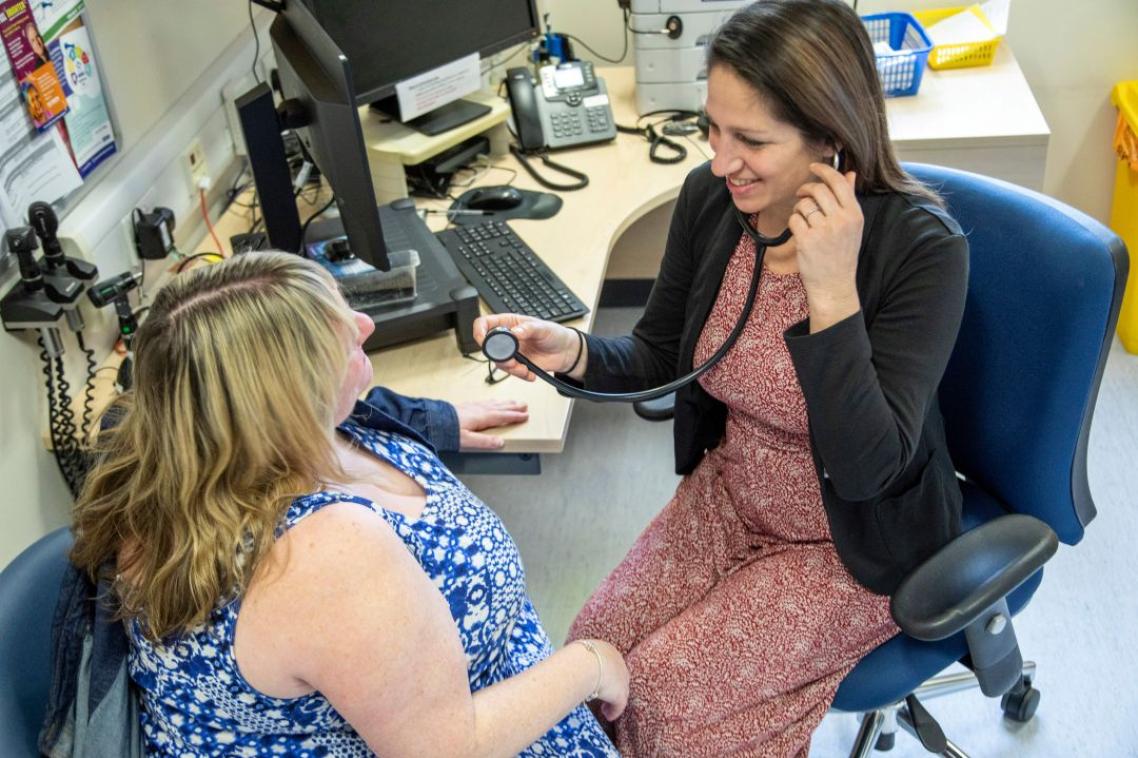Prolonged Intimate Partner Violence puts children at risk

A University of Queensland study has found a child’s repeated exposure to Intimate Partner Violence (IPV) puts them at higher risk of behavioural problems.
IPV is a pattern of behaviour between adults that includes physical, sexual, psychological violence and threats of violence which can have negative impacts on children who witness it.
Dr Katrina Moss from UQ’s School of Public Health said researchers examined the IPV experiences of 2,163 mothers born between 1973-1978 using data from the Australian Longitudinal Study on Women’s Health (ALSWH).
“We looked at three time points, pre-conception, when their child turned one, and again when the child was 4,” Dr Moss said.
“We then linked reports of child behavioural problems to 3,697 eight-year-olds which showed 32 per cent had been exposed to IPV, and of these, 45% were repeatedly exposed.”
The study found the number of exposures was more important than when it occurred in a child’s life, with the risk of behaviour problems increasing on each occasion.
“It’s clear that IPV exposure is bad for a child at any time, but it’s worse the more times it happens,” Dr Moss said.
“We also found middle childhood, between 3-6 years, was a critical time for internalizing problems in boys who were particularly vulnerable to IPV exposure during that time.”
Between 30 - 50 per cent of women and 25 per cent of children in Australia will experience IPV.
Dr Moss said up to two-thirds of children exposed to it will have poorer outcomes than their peers.
“It can cause behavioural problems in children, which may be internalized through anxiety, fear, depression, and withdrawal, or externalized with aggression, hyperactivity, impulsivity, drug use, and attention problems,” Dr Moss said.
“Problem behaviours in early childhood can establish poor developmental pathways which lead to aggression in middle childhood and crime in adolescence.
“The sooner we detect IPV and intervene, the better it is for children and parents.
“A reduction in the length of time a child is exposed to IPV will lessen the negative impacts on their behaviour.”
This study is published in the Journal of Interpersonal Violence.
Media: Dr Katrina Moss, katrina.moss@uq.edu.au, +61 475 042 318; UQ Medicine Communications, med.media@uq.edu.au, +61 436 368 746.
Topics
Related articles

Nature versus nurture question addressed in landmark study

A better way to assess cardiovascular health
Media contact
UQ Communications
communications@uq.edu.au
+61 429 056 139
